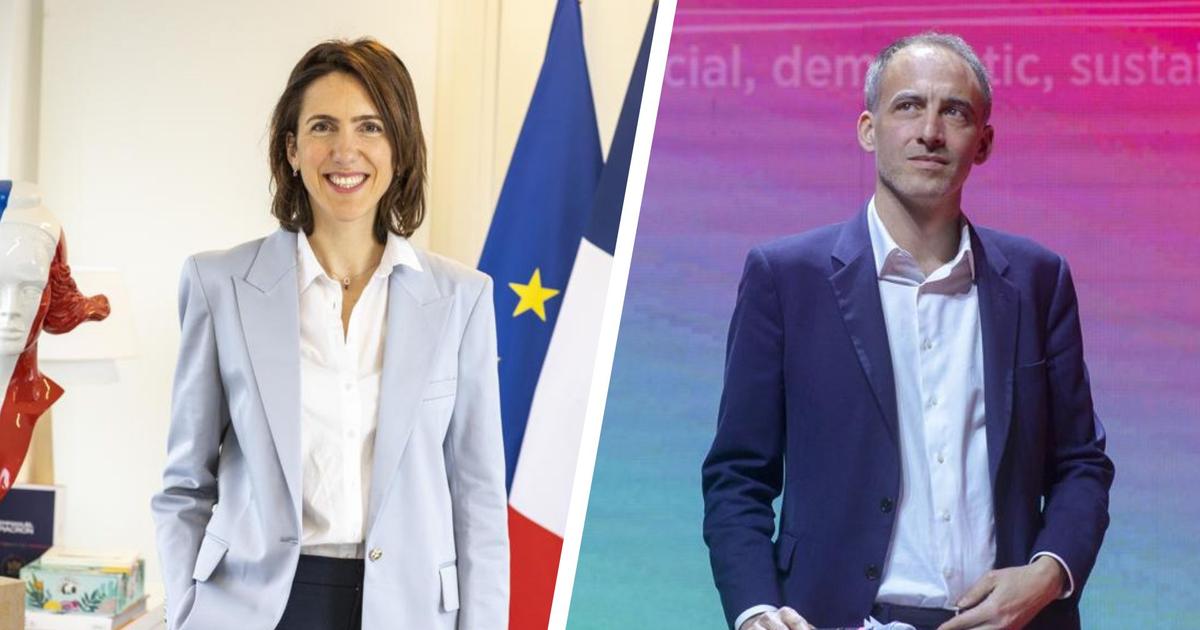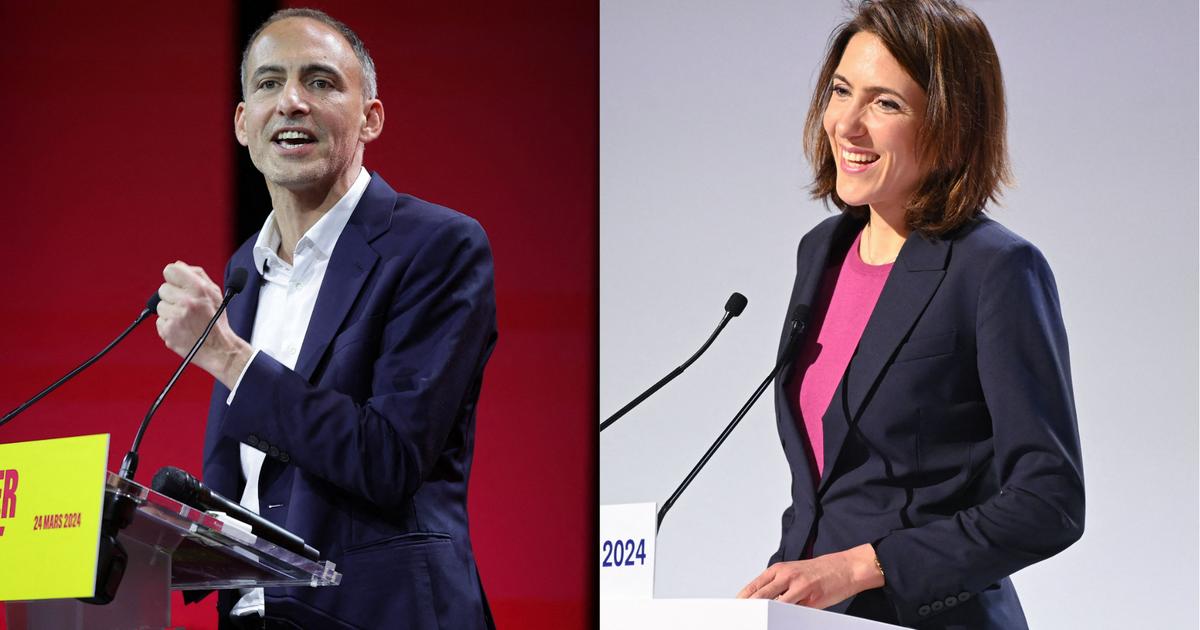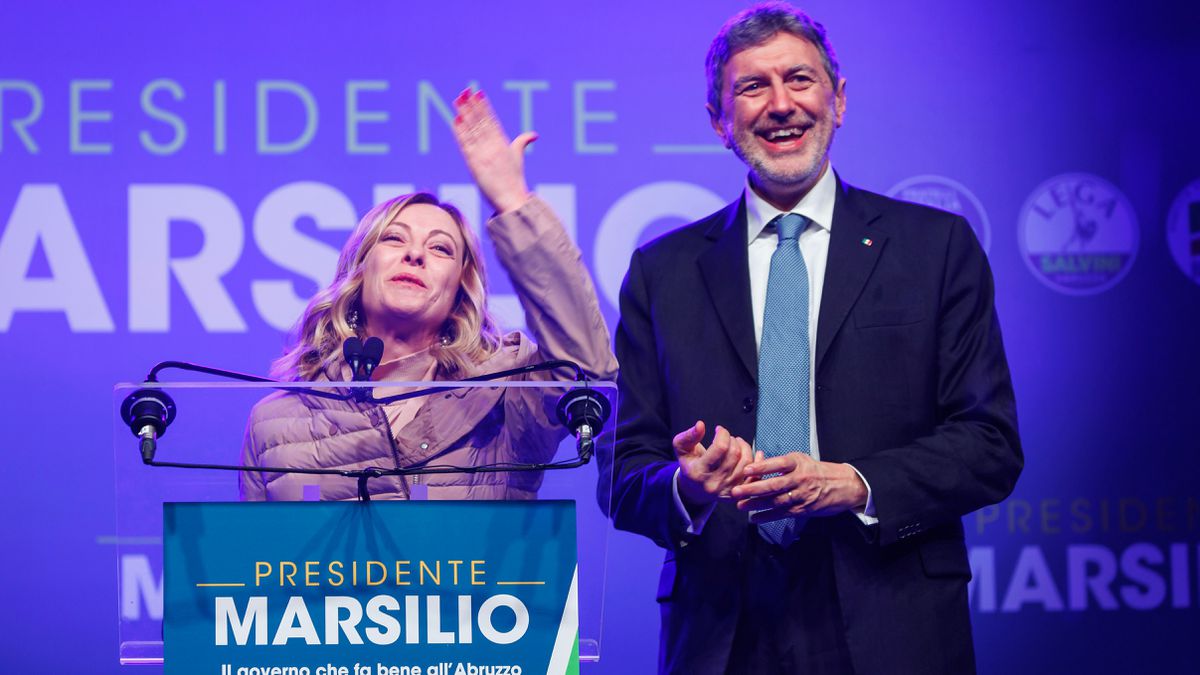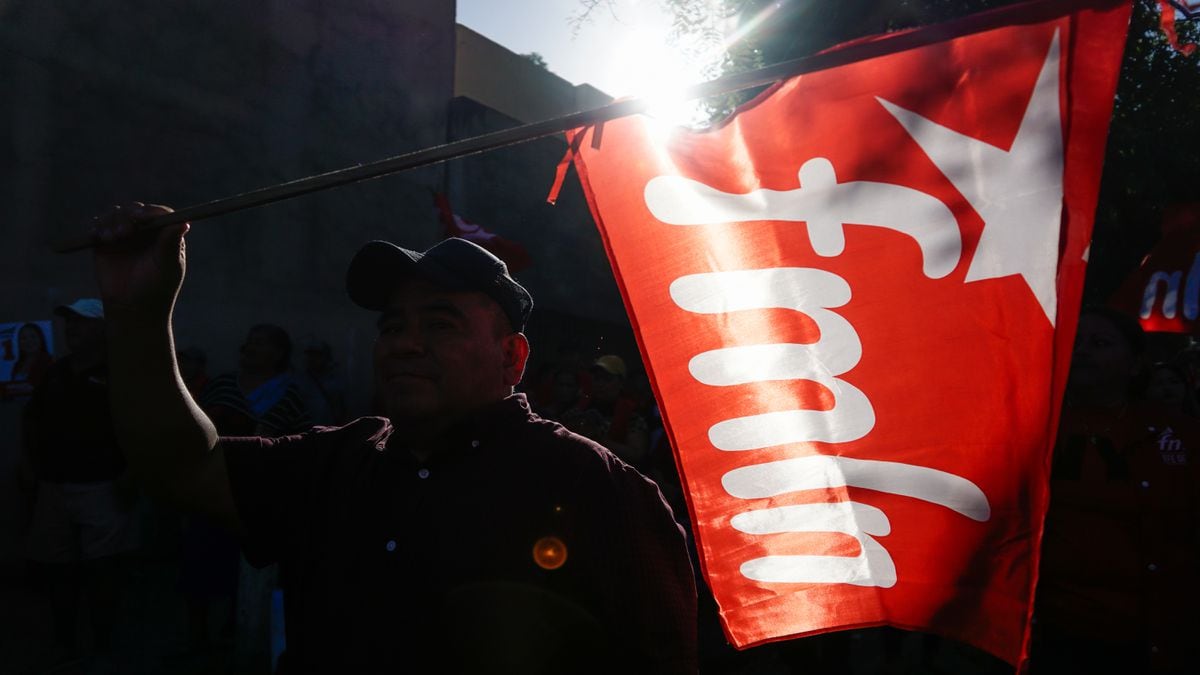The Democratic Party (PD) of Italy is holding primary elections this Sunday open to all citizens to proclaim the secretary to rebuild it.
Again.
The formation is desperate to find the key to solve a leadership problem that has been entrenched since Matteo Renzi left his general secretary for the first time in 2017. The former prime minister governed, resigned, ran again and finished disorienting the electorate and the own party before founding his personal electoral device (Italia Viva).
There was everything since then.
And almost nothing good.
Even the return of Enrico Letta, former minister and outgoing secretary, who was a failure in the last elections (September 2022), where nobody knew how to forge a fundamental alliance with the 5 Star Movement (M5S).
The militancy, which has seen nine different leaders pass in 16 years, was now debating between four candidates.
But only two, with antagonistic profiles, have managed to overcome the cut of guarantees to aspire to become the new secretary.
The favorite is the governor of the Emilia Romagna region, Stefano Bonaccini (56 years old), with 52.87% of internal support.
His victory, three years ago against the candidate of a then strong Matteo Salvini, leader of the far-right League, was the last moment of glory for the Democratic Party.
In fact, it remains one of only four regions governed by the PD in Italy (out of 20 in total).
Seen with perspective, that milestone is a kind of electoral talisman that some seek to take advantage of now.
Coincidentally, the national representative Elly Schlein, who was for two years and until last October,
as an independent, its vice president in that region is the other great candidate in these primaries (34.8% support).
The two formed a good team in Emilia Romagna for a while, but their distant ideological inclinations and, above all, their particular interests, ended up separating them.
The polls are mostly betting on him.
One of the latest surveys carried out by Nando Pagnoncelli, in charge of the
Corriere della Sera survey apparatus,
indicated that 25% of citizens would favor Bonaccini, while only 12% would favor Schlein.
The problem for the party is that 22% believe that "it would be better if any other candidate were presented" and 35% did not even have an opinion.
A symptom, on the other hand, of the fear of abstention that these primaries contain in the PD.
5,500 polling stations will be placed in squares and party headquarters.
And the goal would be for at least one million people to participate (in the last primaries that Renzi won there were two million).
But the general apathy and comatose state of the left does not invite optimism.
The widespread idea during these weeks is that Schlein, with an agenda centered on social rights, gender equality or climate change, is too left to win and that the PD electorate -also any Italian who wants to participate in the vote- he will prefer a more conservative option like Bonaccini's.
Or at least more focused.
The governor of Emilia Romagna is supposed to have a greater capacity to build bridges with liberal satellites of the party such as Matteo Renzi or Carlo Calenda.
And he is an easier figure to complement with the 5 Star Movement in the obligatory alliance that both parties will have to form if they want to stand up to the right-wing coalition led by Giorgia Meloni that governs Italy today.
The PD, founded in 2007, has never won a general election.
But it has demonstrated its exceeding capacity to reach agreements and forge alliances to gain leverage in power.
And Bonaccini, without a doubt, fits better in that tradition.
But his profile invites a certain tedium.
"He is as boring as a funeral director," lamented the photographer and cultural agitator Oliviero Toscani.
The last elections, held last September, showed that the PD will not be able to govern if it does not bet on a great coalition similar to that of the right.
Enrico Letta and Giuseppe Conte, leader of the M5S, were not able to reach an agreement ―in reality it was the Social Democrat who decided to break relations― that would allow them to take advantage of the current electoral law.
If this norm is not modified, and with Meloni in full consolidation of his hegemony on the right, it will be difficult to think of changing the current dynamic without forming a large opposition group.
Elly Schlein, seen by many as the Italian Alexandria Ocasio-Cortez, has a more radical profile than Bonaccini.
Woman, bisexual —as she explained herself—, feminist, anti-liberal and skilled communicator.
In addition, she is fast and knows how to move in the mud of populism.
She was born in Lugano (Switzerland) in 1985. She has Jewish roots, is the daughter of university professors, an Italian mother and an American father.
She moved to Bologna at the age of 18 to study Law and became the "adopted daughter" of the Emilia Romagna region.
She volunteered in both of Barack Obama's electoral campaigns and, when she returned in 2012, she participated in the Italia Bene Comune campaign, a progressive alliance set up by Pier Luigi Bersani, of the Democratic Party (PD), in 2013 and which did not He got enough votes to govern.
Shortly afterward, Schlein promoted a movement that she called the Occupy PD to try to avoid the government that the party she aspires to lead now was going to form with Silvio Berlusconi in 2013. It was before she was elected as a member of the European Parliament —with 54,000 votes— for a left-wing list , leaving the PD and later co-founding Possibile, a party with former PD leaders that sought to be a kind of Italian-style Podemos from which he also ended up leaving.
Ten years later she has returned home.
She has recovered her PD membership card and intends to change the system from within.
But the system has also changed a lot since she left and the Social Democrats, who have lost their hegemony, are fighting inch by inch with the M5S for the title of first party in the progressive spectrum.
The problem with the young activist, many believe, is that she can turn a party called to unite the forces of the
establishment
into too marginal an artifact.
The advantage, consider many others, is that it will be difficult to be more residual in the electoral spectrum if the course is not radically changed.
Follow all the international information on
and
, or in
our weekly newsletter
.
Subscribe to continue reading
Read without limits
Keep reading
I'm already a subscriber









